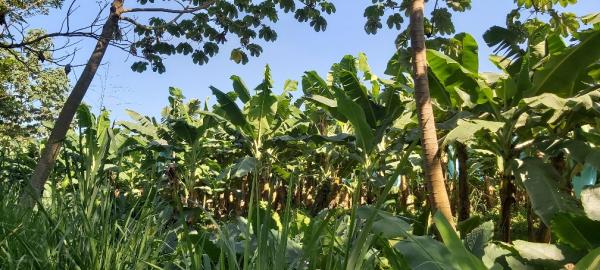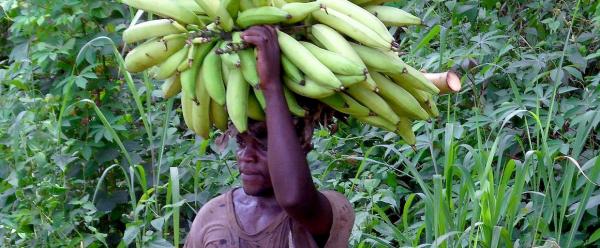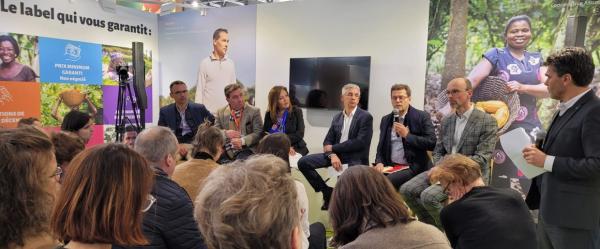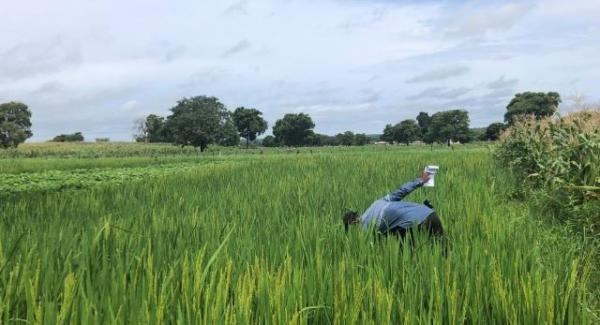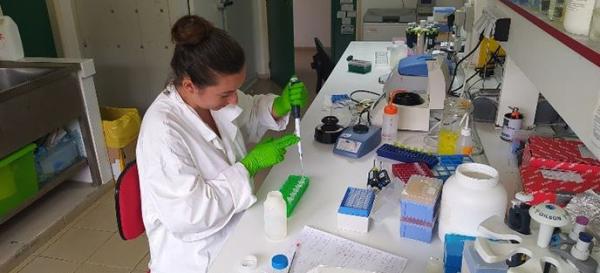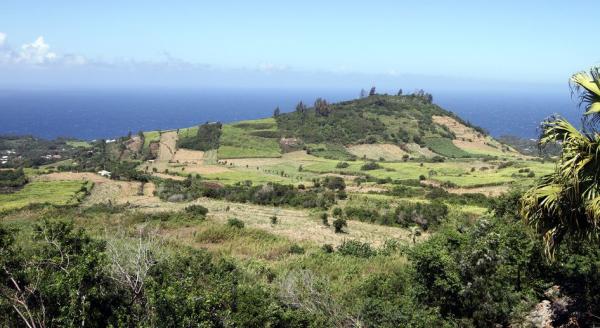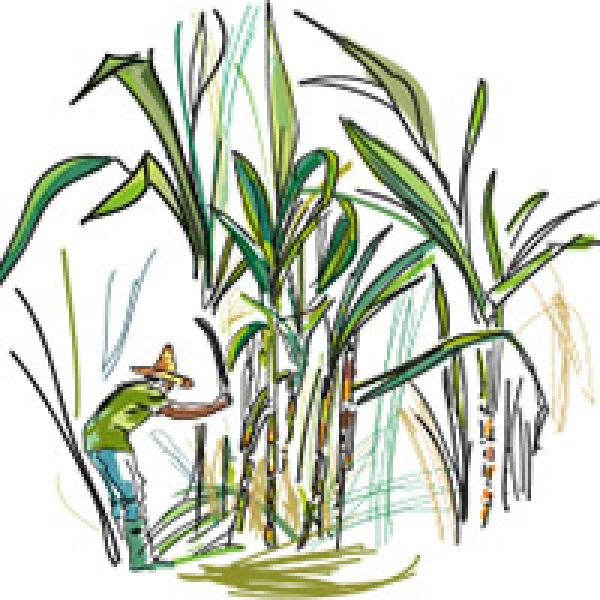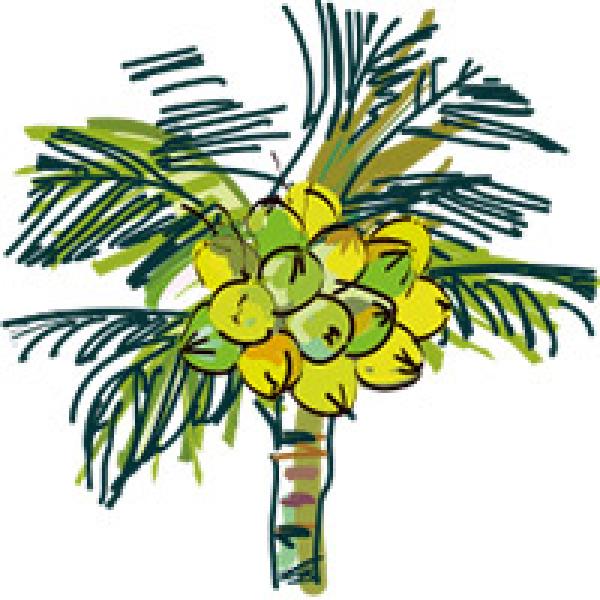Science at work 4 January 2024
- Home
- Our activities, our impact
- Tropical value chains
- Banana and plantain

Banana and plantain
The figures for the banana and plantain value chains
The number of varieties grown is huge: more than 1000!
83 million tonnes of dessert bananas are produced per year, including 65 million of the Cavendish variety alone. Some 21 million tonnes are produced for export.
57 million tonnes of cooking bananas (plantain and others) are produced each year, primarily for local consumption, including 20 million tonnes of plantain, more than 50% of which is produced in Africa.
There are many types of production systems, from traditional multi-species smallholdings to intensive production units on industrial plantations.
The issues
The banana and plantain value chains face numerous challenges if they are to survive in the face of various threats (emerging diseases, climate change), and to become sustainable in terms of the practises used.
The production methods used – primarily intensive monocropping – and the complex global trade system into which they fit makes export bananas a high-impact product: pollution, deforestation, working conditions and risks, and inequitable sharing of the value generated. Those intensive production systems also face technical obstacles linked to the development of resistance to phytosanitary products and successive bans on their use. A complete overhaul of production systems is therefore required, to make them more virtuous.
CIRAD's objectives
- To guarantee the future of the crop in the face of traditional and emerging diseases and global threats such as climate change.
- To help develop sustainable intensive dessert banana production, by reducing the adverse environmental impact of industrial plantations, particularly their use of pesticides.
- To make the value chains more economically and socially sustainable: fostering fair value distribution, covering the cost of innovation, developing new markets, improving working conditions, and integrating the value chains into the societies and territories concerned.
- To foster food security and self-sufficiency in cooking banana (plantain) producing countries by making cropping systems more productive and resilient.
























